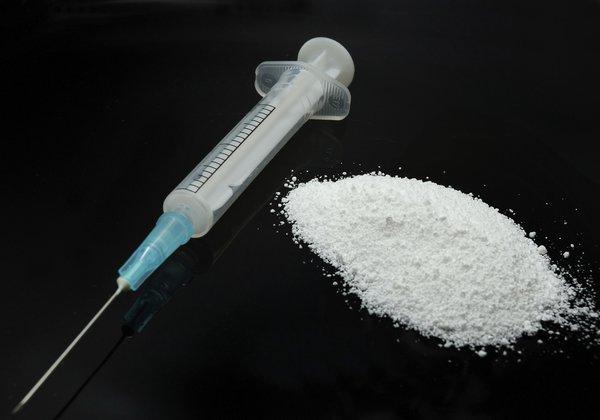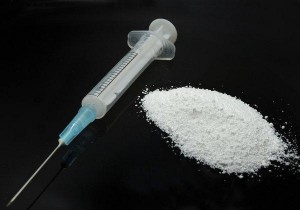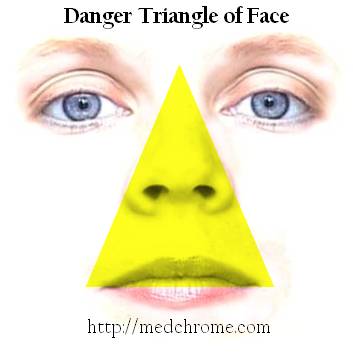How To Overcome Opioid Drug Addiction

An individual is said to be dependent on opioid drugs if they have a high level of opioid tolerance, implying they need more of the drugs to get the desired results. Repeated use of opioid drugs can cause long-term changes in the biochemistry of the brain (the way the brain functions) and the architecture of the brain (the structure of the brain).
During opioid drug addiction, the brain may also try to compensate for the lows and highs that occur during repeated use by reducing opioid receptors in the organ. This is how people with opioid addiction develop tolerance. More drug dose may be needed to achieve similar effect. As a result, addicts may feel depressed, lifeless, and unable to enjoy pleasure-bringing activities.
Opioid addicts may be taking a higher than normal dose of the following drugs:
- Morphine
People can become addicted to this drug after little consumption. It impairs an individual’s ability to perform at his/her peak when it comes to physical and mental capability. However, it also has pleasant effects as it alleviates fears and anxiety. Such pleasant effects make the drug more alluring and addictive.
- Heroine
This drug can be used in several ways: the intake is mainly via snorting, injecting, or smoking. A person can become addicted to this drug within a week of using it, making it difficult for the individual to stop. It’s addictive because the drug enters the brain rapidly, and the rush is accompanied by dry mouth, warm flushing of the skin, and heavy flushing of the skin, which may be accompanied by severe itching, nausea, and vomiting.
- Oxycodone
Oxycodone significantly affects the brain’s pleasure center. It was theorized that people who struggle with oxycodone abuse may have a deficiency of these pleasure chemicals and, as a result, may self-medicate the symptoms of the deficiency with oxycodone. Behavioral symptoms of this drug abuse include visiting multiple doctors for its prescription, disorganized thoughts, and decreased ability to maintain attention.
Opioid addiction treatment
Methadone maintenance treatment is one of the options for opioid addiction treatment. In this treatment program, methadone is prescribed for long-term as an alternative to the opioid on which the patient has been dependent for long. Methadone itself is a long-acting opioid that addresses the treatment of opioid addiction.
However, methadone itself can be addictive, according to axisresidentialtreatment.com. Because methadone is a synthetic opioid drug, withdrawal symptoms may mimic symptoms similar to heroine withdrawal. Withdrawal symptoms will continue to occur when the individual stops drug intake when entering detox treatment as the first route to recovery, or if they no longer have their choice of drug. Symptoms may include sore muscles, chills, fatigue and cramping. Luckily, treatment and resurgence drug rehab centers can help methadone addicts to break free from the powerful disease.
Another option is buprenorphine treatment. This option, unlike methadone, does not require patients to undergo a specific program. There are long waiting lists for methadone programs in most cases, so addicted people may not always be able to benefit from them when it matters the most. But buprenorphine treatment requires visits to the doctor’s office, so it is a more convenient treatment option overall to overcome opioid drug addiction. Not only it can suppress symptoms of opioid withdrawal, but also reduce cravings for the drug.
Article by Jennifer Smith






